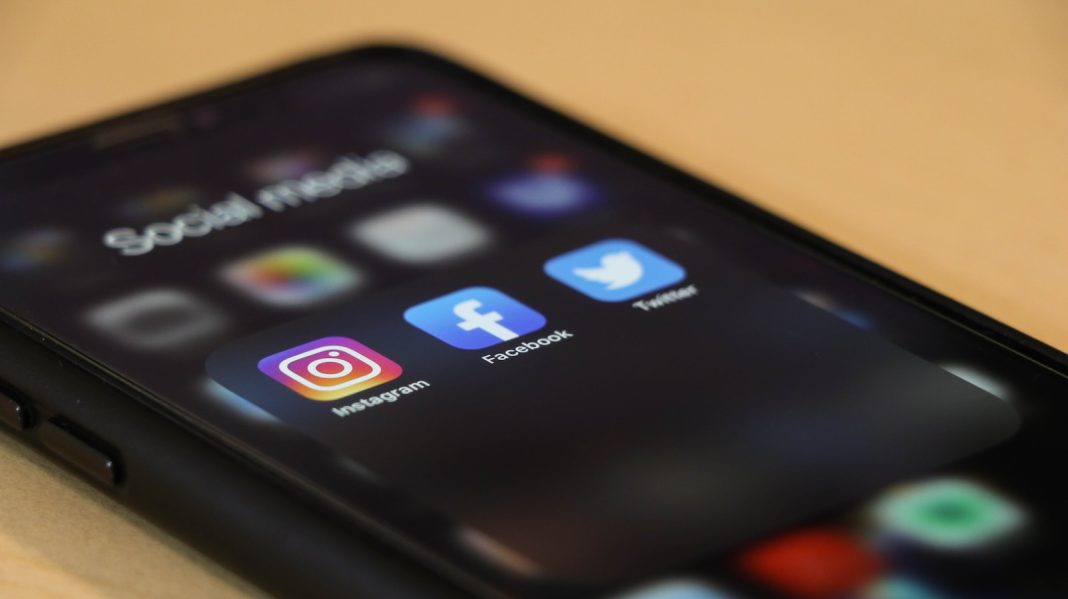Raising concerns about democratic transparency, access to major social media platforms in Pakistan has been restricted in tandem with the launch of a significant online campaign by the incarcerated former Prime Minister’s party. With general elections scheduled for February 8, these restrictions have led to a surge in the use of virtual private networks (VPNs) to circumvent the imposed block.
The online crackdown, affecting platforms such as X/Twitter, Facebook, Instagram, and YouTube, was carefully timed to coincide with an election fundraising telethon by the ruling party. Internet watchdog NetBlocks reported a nationwide disruption, labelling it as a politically targeted network censorship effort. The founder and director of NetBlocks highlighted the severity of these measures, stating that Pakistan has become a leader in politically motivated network censorship.
This is not the first instance of such censorship in Pakistan, as previous social media filtering campaigns were imposed during rallies or speeches held by the opposition leader. Last May, mobile internet connections were throttled alongside the blackout of major social media platforms during widespread protests over the arrest of the former Prime Minister. NetBlocks described it as the most severe censorship tracked for Pakistan in recent times.
The Just-in-Time filtering employed by authorities reflects a deliberate attempt to stifle political opposition, a tactic previously observed in other countries. The Human Rights Council of Pakistan condemned the move, labelling it a violation of international law and asserting that political parties have the right to carry out their activities, particularly during elections.
Despite these disruptions, citizens swiftly turned to VPNs to bypass the government-imposed restrictions. A VPN, short for virtual private network, not only allows users to bypass geo-restrictions but also encrypts internet connections, ensuring better online anonymity than other solutions like proxy services.
The head of product at a prominent VPN provider reported a significant uptick in sign-ups, indicating a substantial increase starting from January 6. The spokesperson noted, “We already have a substantial existing user base in Pakistan due to a history of internet censorship in the country, so this spike is particularly notable.” The spokesperson added that this was the second time in recent months that internet outages coincided with online events planned by the ruling party.
While the VPN surge seems to have subsided as of Monday, January 8, concerns linger over the impact of these politically motivated internet shutdowns on the upcoming general elections. Originally scheduled for November, the elections were postponed due to security incidents and harsh weather conditions. The former Prime Minister has faced legal challenges, including a three-year sentence for alleged corruption. Despite a suspension of the prison term, the former Prime Minister remains incarcerated on charges of leaking state secrets.
With the caretaker leader expected to oversee the vote, questions arise about the fairness and transparency of the electoral process. A representative expressed dismay over the recurring internet shutdowns, stating, “What has happened and is happening in the country in the name of democracy is a slap in the face of transparency.”
As Pakistan navigates through these challenges, the reliance on VPNs reflects citizens’ determination to access an open internet and participate in the democratic process, despite attempts to curtail online freedoms.


